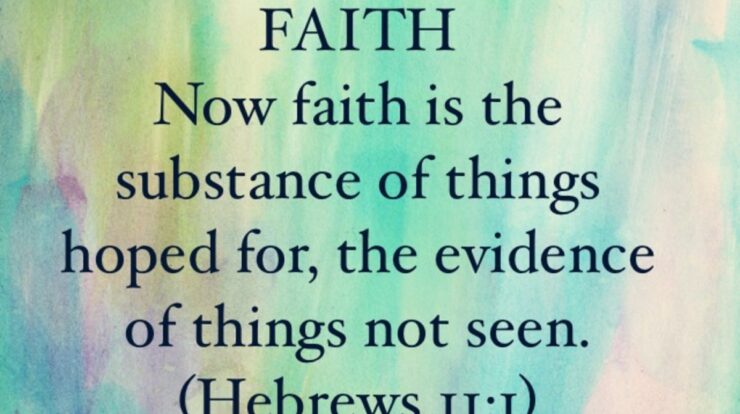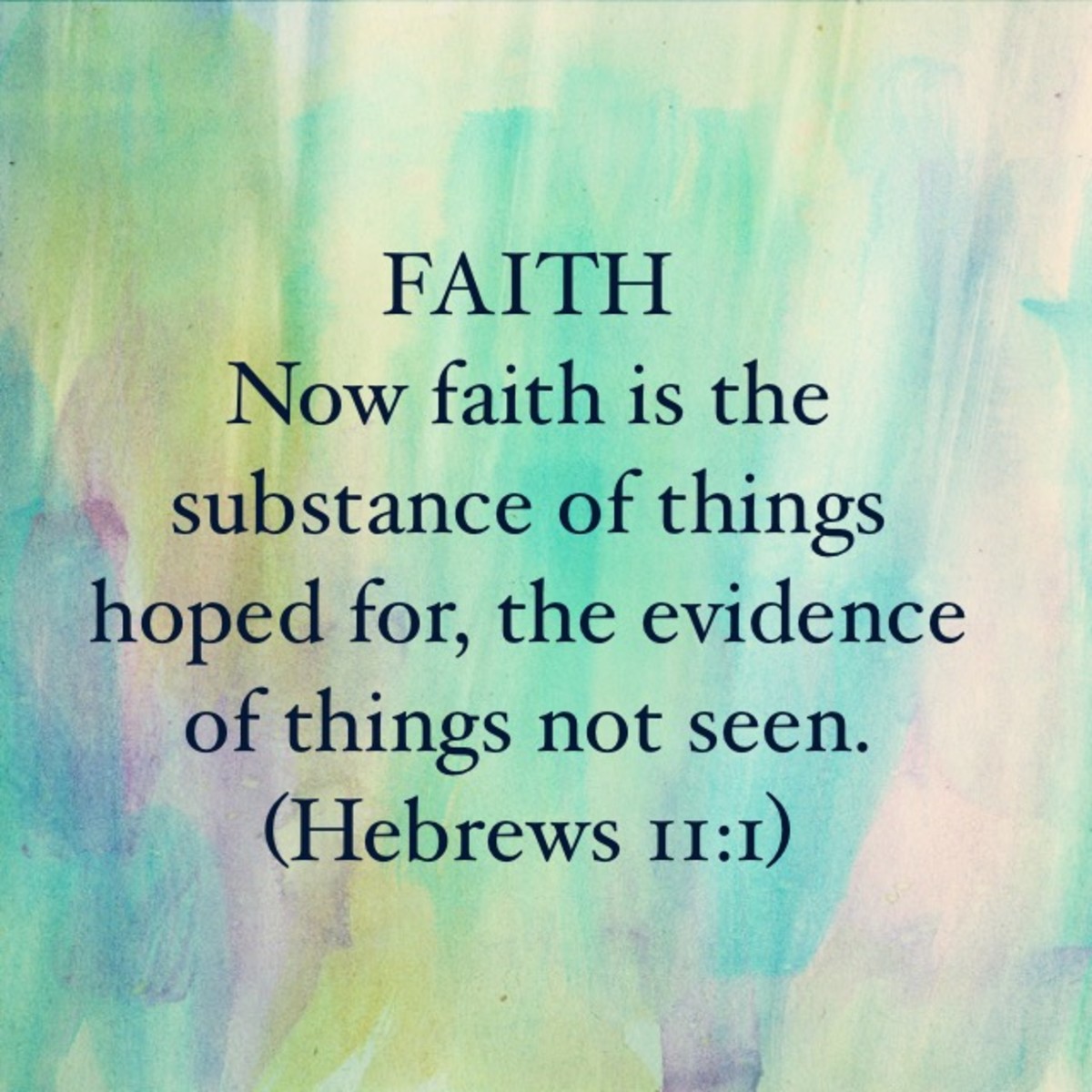
Faith definition – Faith, an enigmatic concept that has captivated the human experience for centuries, is defined as a belief in something without proof or evidence. Its etymology, originating from the Latin word “fides,” signifies trust and loyalty. Faith manifests in diverse ways across cultures and religions, serving as a cornerstone of spiritual and religious practices.
This multifaceted concept encompasses elements of belief, trust, and commitment. Reason, emotion, and experience intertwine to shape our faith, while doubt often plays a paradoxical role in strengthening it. Faith finds its expression in religious practices, rituals, and beliefs, influencing the formation of religious communities and institutions.
Faith Definition

Faith is a fundamental concept in various aspects of human existence. It encompasses belief, trust, and commitment to a particular set of principles or doctrines, often associated with religious or spiritual contexts.
Etymology and Origin
The term “faith” has its roots in the Latin word “fides,” which means “trust” or “belief.” It is closely related to the Greek word “pistis,” which also signifies trust and loyalty.
Understanding Faith Across Cultures
Faith is a multifaceted concept that varies across cultures and religions. In Christianity, faith is central to the belief in the existence and teachings of Jesus Christ. In Islam, faith involves the belief in the oneness of God and the teachings of the Prophet Muhammad.
Buddhism emphasizes the concept of “shraddha,” which refers to unwavering trust in the teachings of the Buddha.
Elements of Faith
Faith is composed of several key elements:
- Belief:The acceptance of certain doctrines or principles as true, despite the absence of concrete evidence.
- Trust:A deep and unwavering reliance on a higher power, deity, or spiritual force.
- Commitment:A willingness to adhere to the principles and practices associated with one’s faith.
These elements are often intertwined and mutually reinforcing.
Faith and Religion, Faith definition
Faith is closely intertwined with religion. Religious practices, rituals, and beliefs provide a framework for the expression and enactment of faith.
Faith can manifest in various forms within religious contexts:
- Belief in Divine Beings:Faith in the existence and nature of God or other divine beings.
- Sacred Texts:Belief in the authority and significance of religious scriptures.
- Religious Practices:Engagement in rituals, prayers, and other practices prescribed by the religion.
Faith and Spirituality
While faith is often associated with religion, it can also exist independently as a personal and spiritual concept.
Spirituality involves a sense of connection to something greater than oneself, whether that be nature, a higher power, or a set of values.
Faith can contribute to personal and spiritual growth by:
- Providing Meaning and Purpose:Faith can offer a sense of purpose and direction in life.
- Fostering Resilience:Faith can provide strength and support in times of adversity.
- Encouraging Ethical Behavior:Faith can guide ethical decision-making and promote social harmony.
Final Wrap-Up

In conclusion, faith is a multifaceted phenomenon that touches upon the core of human existence. It fosters personal growth, provides meaning and purpose, and shapes our ethical decision-making and social behavior. While its relationship with science remains complex, faith and science can engage in a dynamic dialogue that informs and complements each other.
Ultimately, faith remains a powerful force that inspires individuals and communities to strive for peace, justice, and reconciliation.
FAQ Resource: Faith Definition
What is the difference between faith and belief?
Belief is a conviction based on evidence or reason, while faith is a belief without proof or evidence.
How does faith influence personal growth?
Faith provides meaning and purpose, fosters resilience, and cultivates hope, optimism, and a sense of belonging.
What is the relationship between faith and doubt?
Doubt can challenge and strengthen faith, leading to a deeper understanding and a more resilient belief system.





